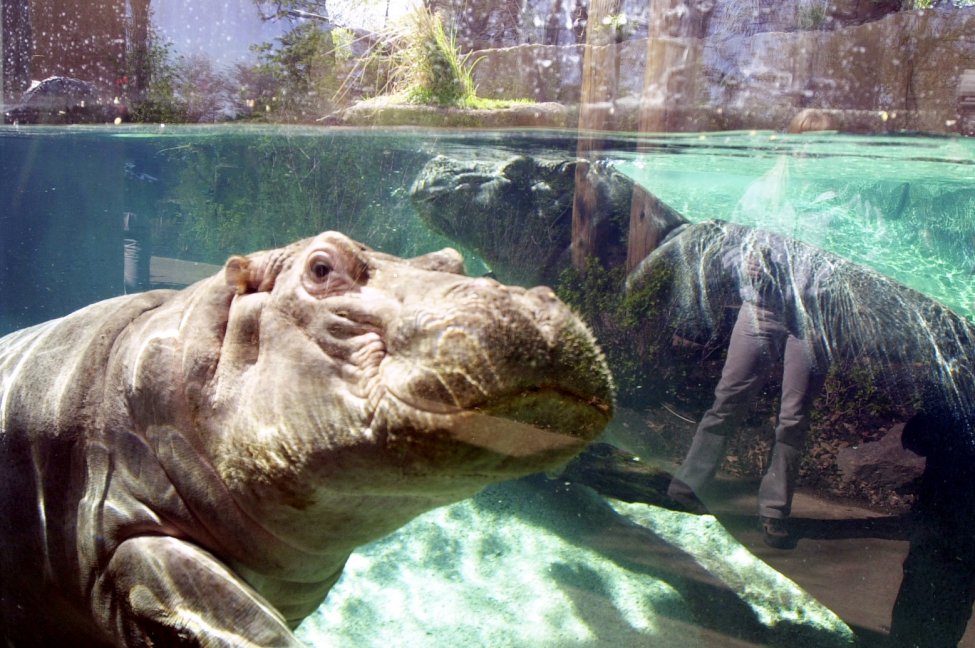Oct. 22 (UPI) — A group of about 100 hippos, who are descendants of hippos that were owned by late drug lord Pablo Escobar, have been recognized as legal persons in the U.S.
This marks the first time ever that non-human creatures have been legally considered people.
The U.S. District Court for the Southern District of Ohio recognized the hippos as legal persons recently, an important step in trying to save the animals as authorities in Colombia have discussed killing them since 2009.
Escobar illegally imported animals at his ranch in Colombia until his death in 1993. The animals were sent to other zoos with the exception of four hippos too difficult to move. The four have now multiplied over the years with authorities referring to them as an invasive species.
Colombian attorney Luis Domingo Gómez Maldonado filed a lawsuit on the animals’ behalf in July to save them from being killed, stating that sterilization would be a better option.
Non-human animals in Colombia have the right to bring lawsuits to protect their interests. Interested parties in the country are allowed to go to a federal court in the U.S. to obtain documents or testimony.
The Animal Defense League applied on behalf of the hippos and to compel two Ohio wildlife experts who study nonsurgical sterilization to provide testimony.
“Animals have the right to be free from cruelty and exploitation, and the failure of U.S. courts to recognize their rights impedes the ability to enforce existing legislative protections,” Animal Legal Defense Fund Executive Director Stephen Wells said in a statement.
“The court’s order authorizing the hippos to exercise their legal right to obtain information in the United States is a critical milestone in the broader animal status fight to recognize that animals have enforceable rights,” he continued.
